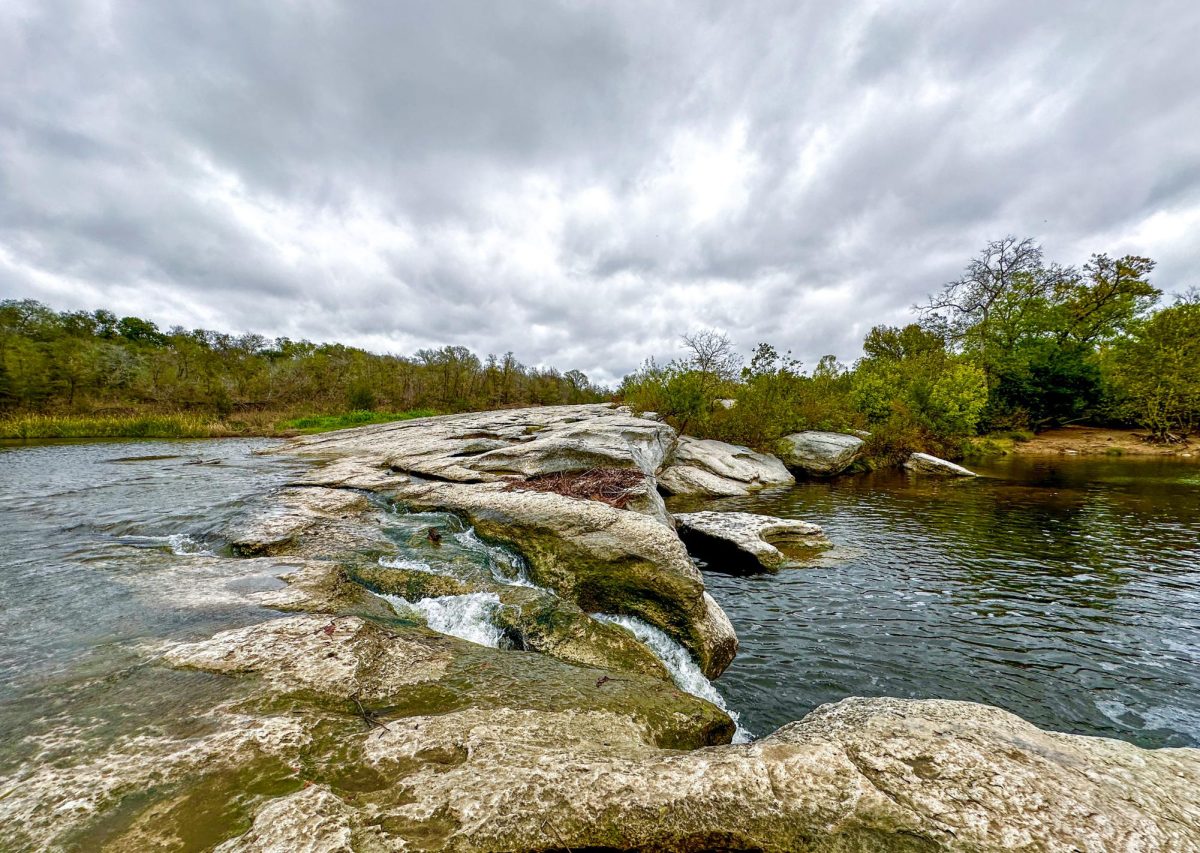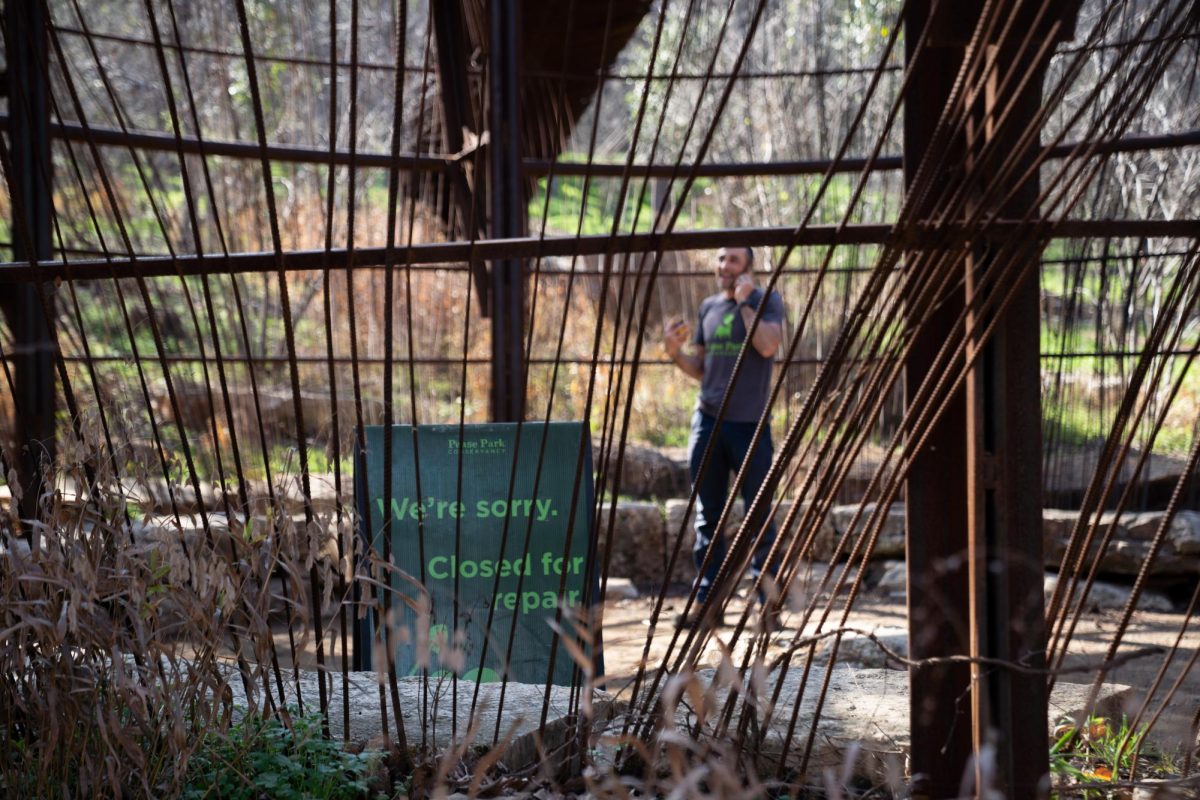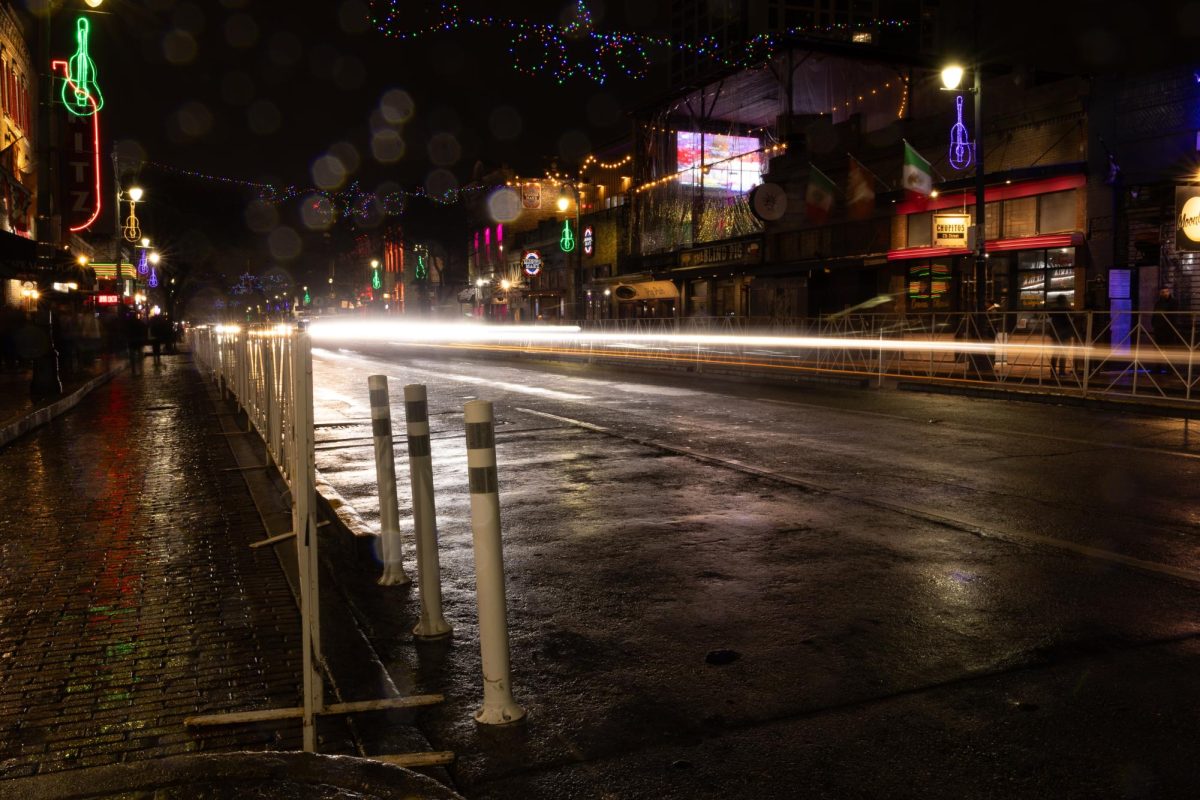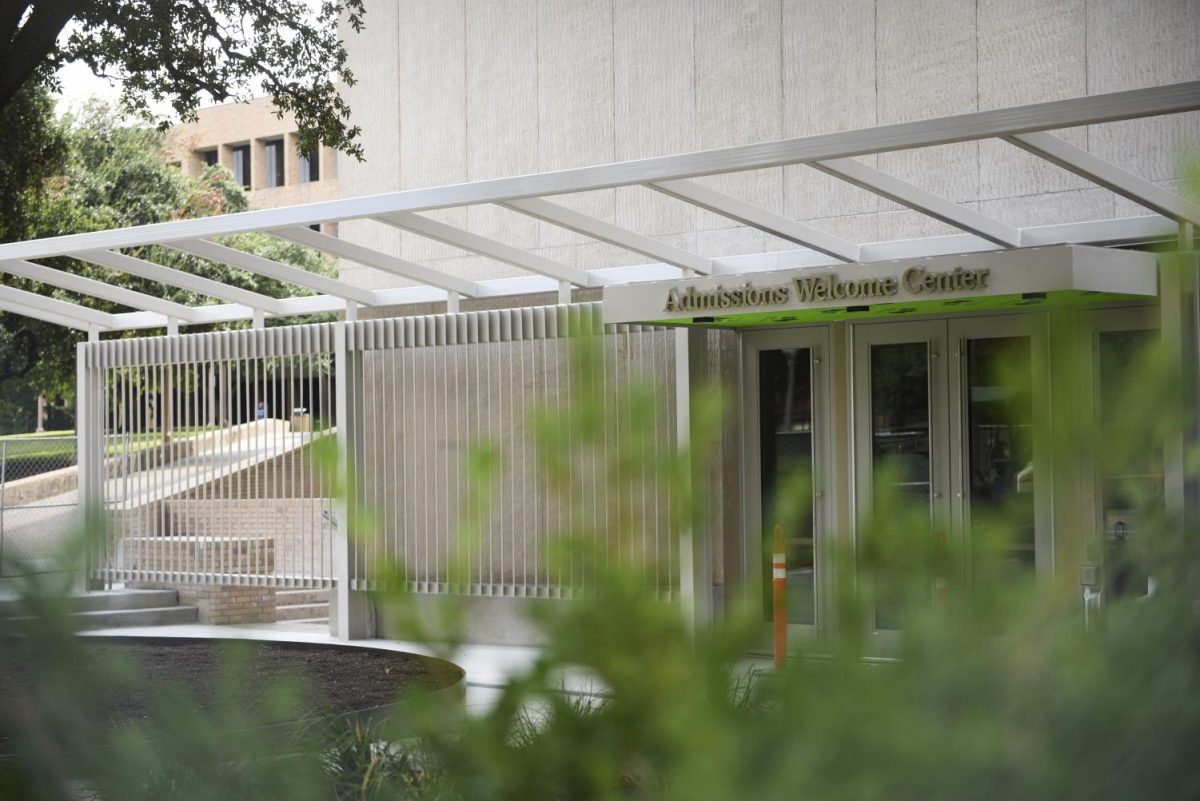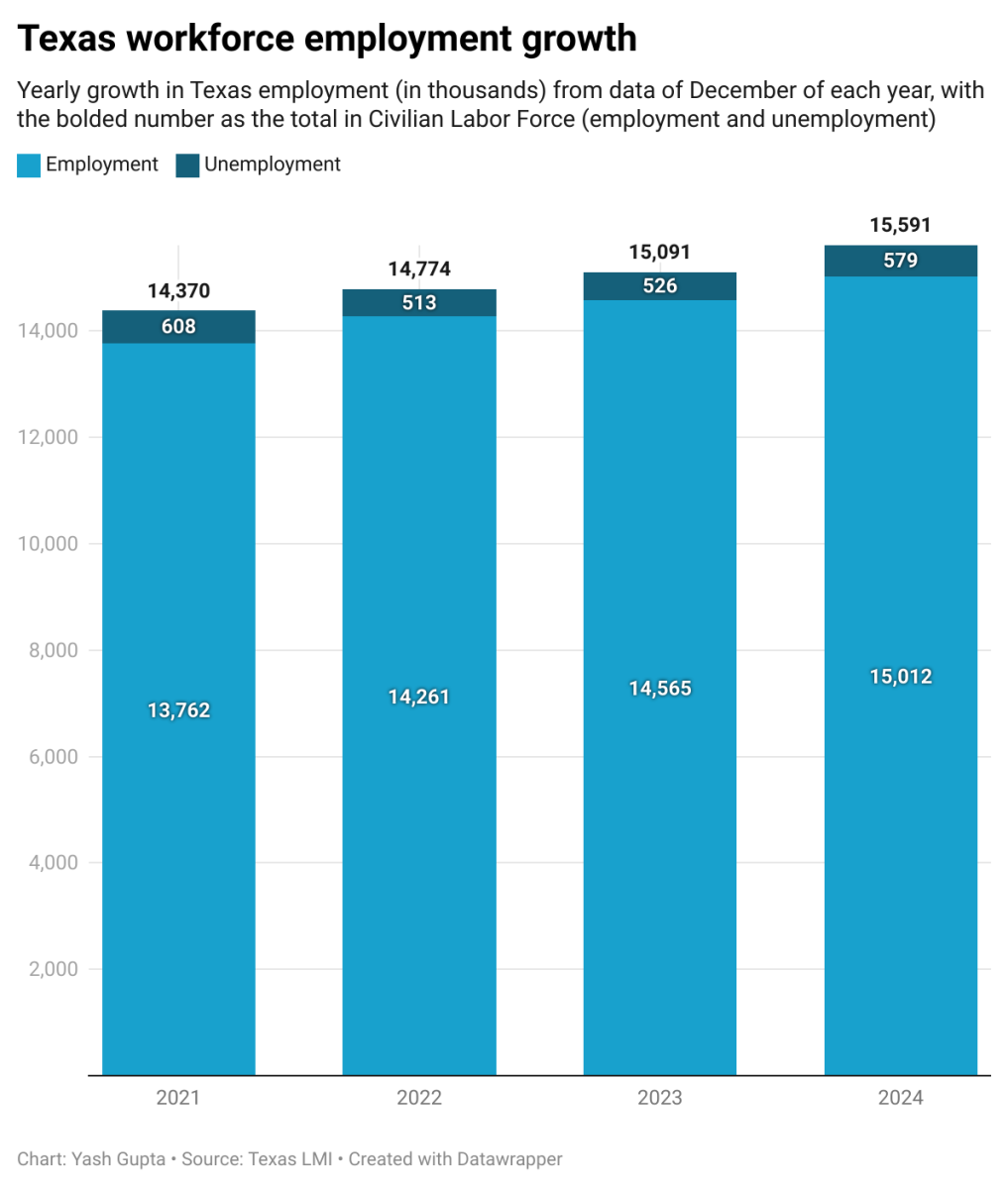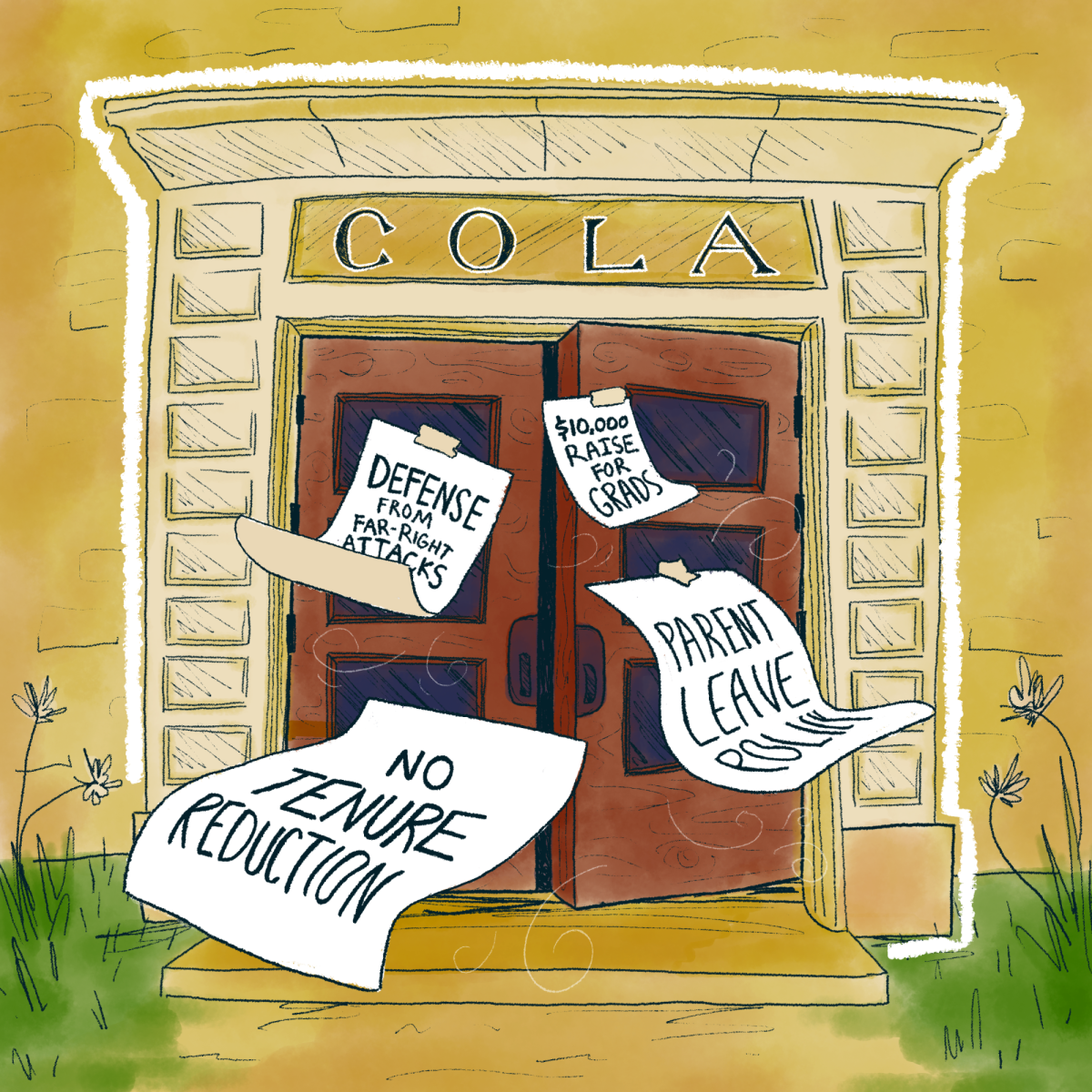In the upcoming election, Texans can vote on an amendment to the state’s constitution that would allocate $1 billion for the creation and upkeep of new state parks, marking the largest park investment in state history if the amendment passes.
Titled Proposition 14 on the ballot, Texas voters must approve the amendment for the fund to be put to use. Gov. Greg Abbott approved the creation of the Centennial Parks Conservation Fund on Memorial Day in honor of the 100th anniversary of the Texas State Park System. Money for the fund comes from a portion of the state’s budget surplus, meaning the amendment would not create a new tax, according to a press release from the Texas Parks and Wildlife Department.
Registered Texans can vote on Proposition 14 during early voting between now and Nov. 3 or on Election Day on Nov. 7.
“If Prop. 14 does not pass, the Texas Parks and Wildlife Department will continue its efforts to acquire and develop state parks by using a mix of conservation funds, stakeholder partnerships and specifically authorized state and federal appropriations,” the Department said in the press release.
Texas currently has 89 state parks, the closest to Austin being McKinney Falls State Park, Pedernales Falls State Park and Bastrop State Park. According to the Department, less than 5% of land in Texas is available for public recreation.
Weekends typically involve a trip to a nearby state park for Meyer Zinn, a Longhorn Outdoors Club member. Zinn said creating new state parks, especially in Central Texas, would allow more students to disconnect from the University’s bustling, concrete campus.
“You can go to bars in West Campus (and) you can go hang out in Austin, but you’re never really that far away from, ‘Okay, I’m going to go home and work on my project,’ as opposed to, ‘I’m on the top of 200 yards of granite in a place that has no cell service,’” Zinn said. “It puts you in a space that’s just so different and disconnected that it’s peaceful.”
Geologist Elizabeth Catlos, an associate professor in the Department of Earth and Planetary Sciences, said protected parks provide a place for future generations to engage with a minimally-changed earth. However, she said preservation can often interfere with scientific progress, especially for geologists. Researchers who are interested in sampling material from government-protected environments like national and state parks must obtain permission, which Catlos said is often a lengthy bureaucratic process.
“We need to access rocks in order to make our advances known,” Catlos said. “Once you start to protect them and not allow us access to actually sample or collect, … it affects us.”
Zinn said he supports the move to fund more state parks in Texas, but he doesn’t want to “greenwash” the amendment as an environmentally-friendly policy decision. Preserving land in the form of a government-protected park is not enough to prevent ecological deterioration caused by climate change, Zinn said, and legislative efforts to wane fossil fuel reliance would have a much more significant impact.
“This is really plainly about recreation, which is important,” Zinn said. “It’s important for people in their lives to have access to nature and recreation, but I don’t view this as a particularly environmentally-conscious move.”

